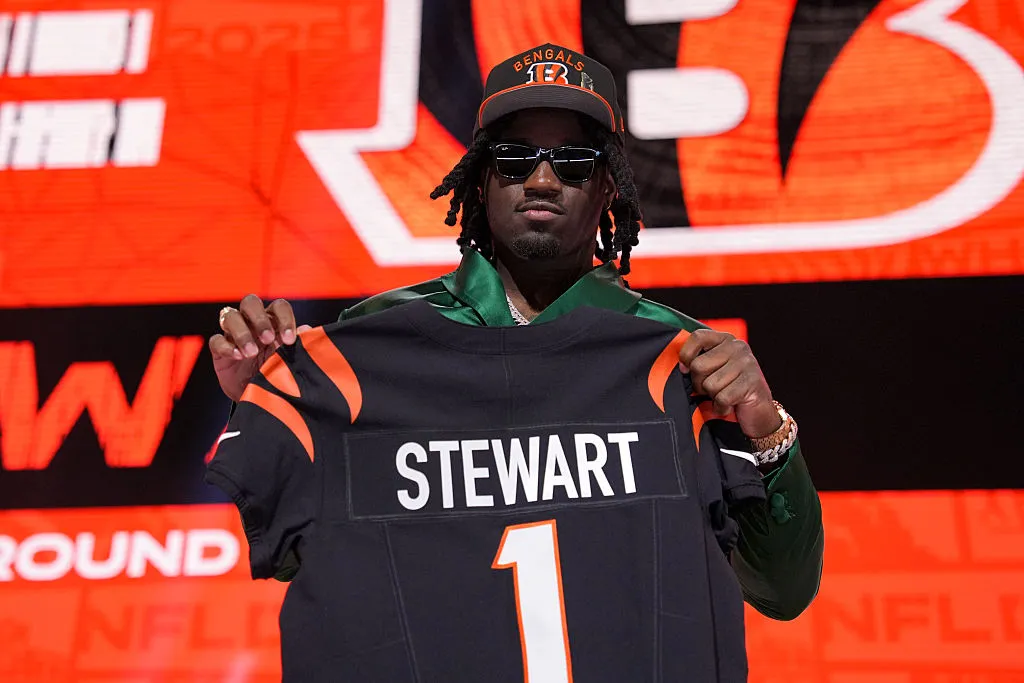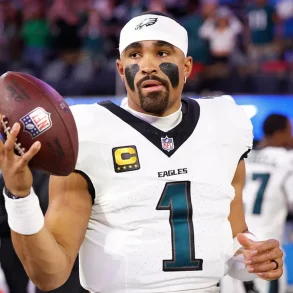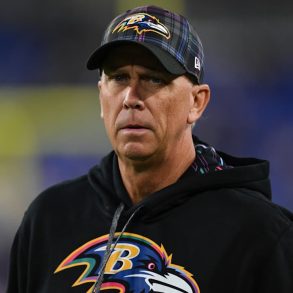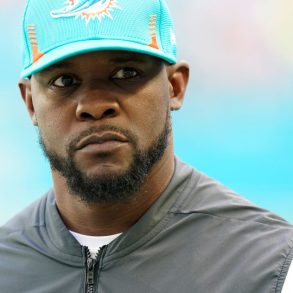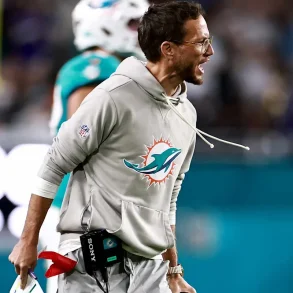First-round draft pick Shemar Stewart and the Cincinnati Bengals are locked in a standoff over a seemingly minor contractual clause. The Bengals are attempting to modify a standard portion of Stewart’s rookie deal without offering a fair trade-off, sparking a contractual impasse. The clause in question is obscure, but the team’s rigid stance has created friction that’s preventing Stewart from signing.
Sitting Out Risks Millions, Draft Position, and Potential Reputational Damage for Stewart
One of Stewart’s limited options is the “nuclear” one: sitting out the entire 2025 NFL season and re-entering the draft in 2026. While the NIL (Name, Image, and Likeness) era has lessened some of the financial pressure for incoming players, skipping a year would cost Stewart a slotted signing bonus of over $10 million and jeopardize his draft stock. Being absent for a full season could result in him being drafted lower, particularly with a fresh group of prospects entering the league.
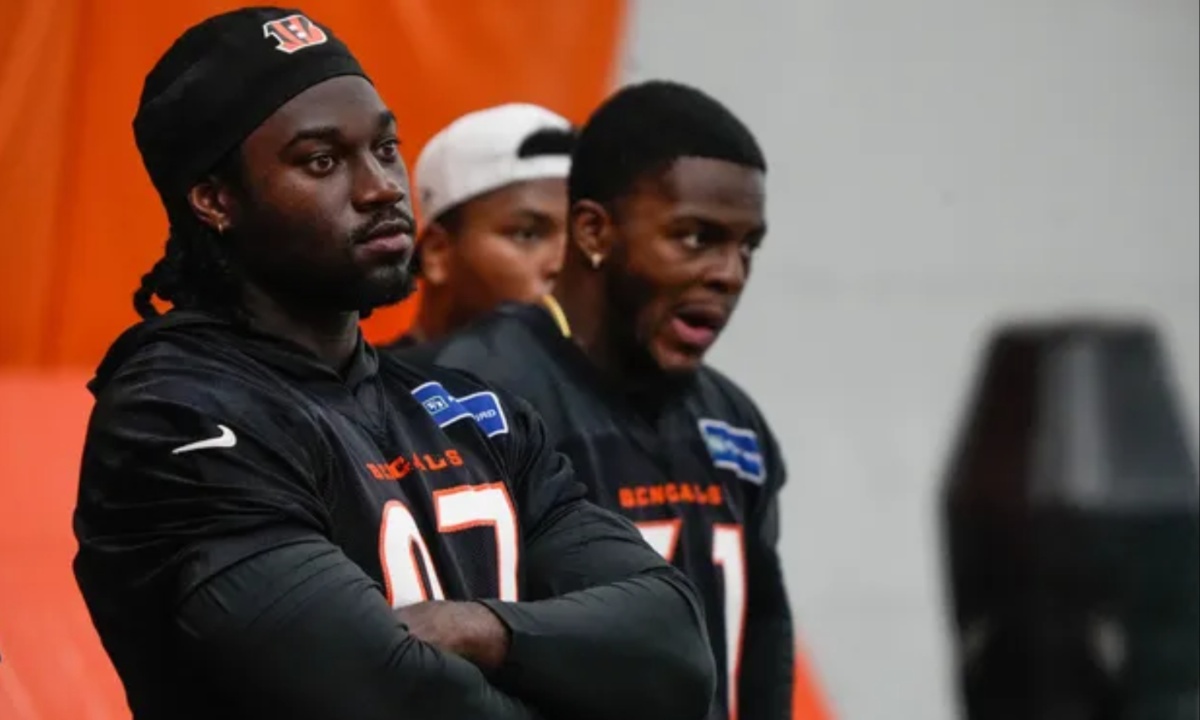
There’s also the risk of reputational damage. Some NFL teams might view Stewart’s pushback as a red flag, questioning his willingness to conform to league norms. Michael Holley of PFT Live raised the issue of whether clubs would penalize him for challenging the draft system. However, others might see this as an opportunity to undercut the Bengals, who are known for letting business interests override football priorities.
Financial Stakes and Free Speech Clause Intensify Pressure on Stewart’s Contract Decision
Despite his principled stand, Stewart faces enormous financial pressure. The total value of his rookie deal could reach $19 million — money he risks losing if he delays signing or goes undrafted in 2026. Moreover, a year away from football could hurt his on-field development and visibility. For Stewart, the conflict is a costly gamble rooted in an effort to stand firm on principle.
Adding to the controversy is the Bengals’ language in the contract that effectively restricts players’ free speech. Once signed, Stewart would be prohibited from making public statements that might “undermine the public’s respect” for the team or its leadership. This clause puts players in a bind — they must express any grievances before signing, as doing so afterward could jeopardize their future guarantees and career standing.



